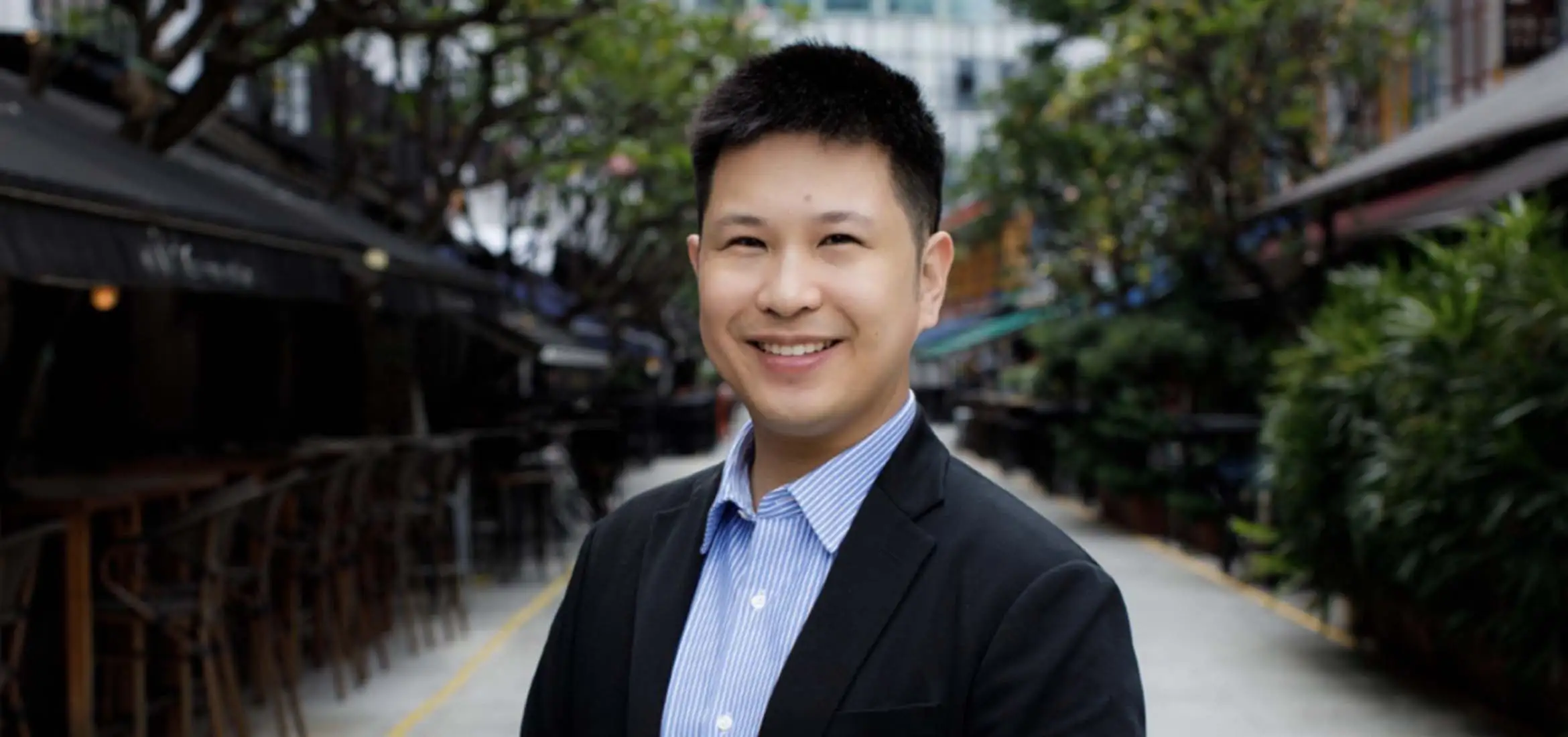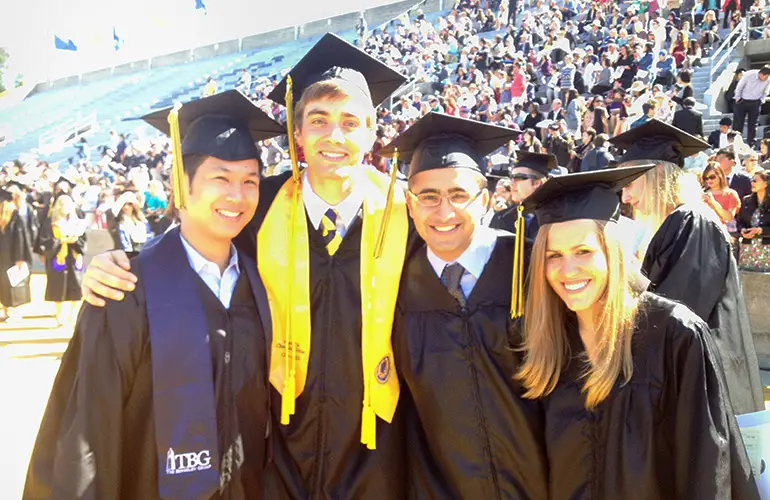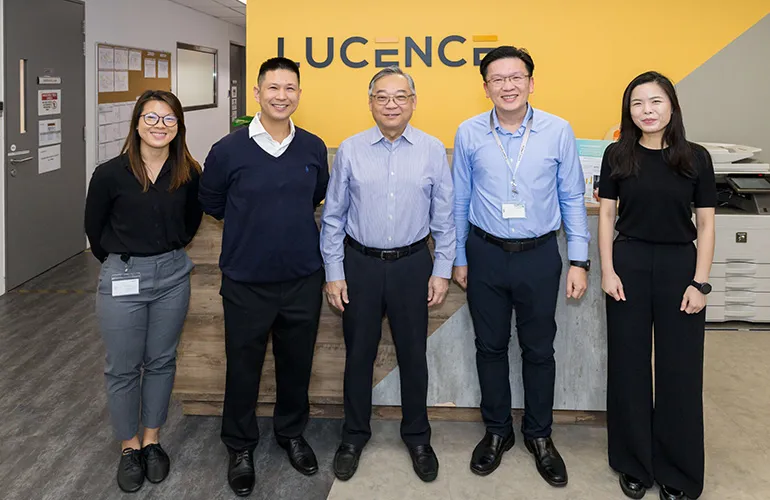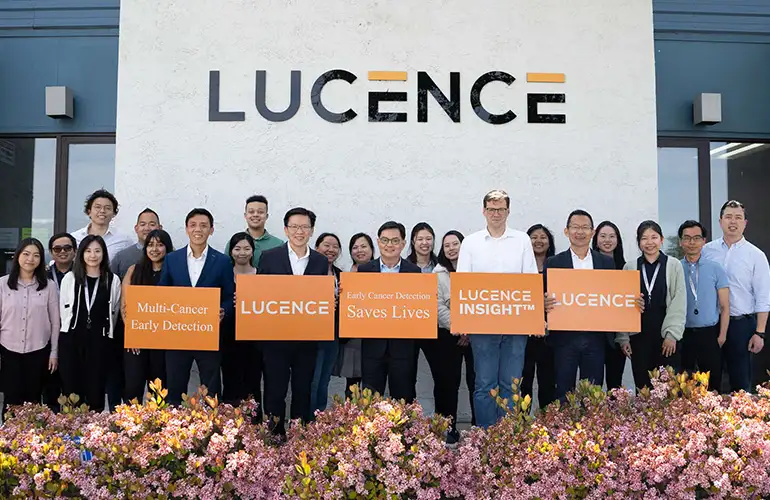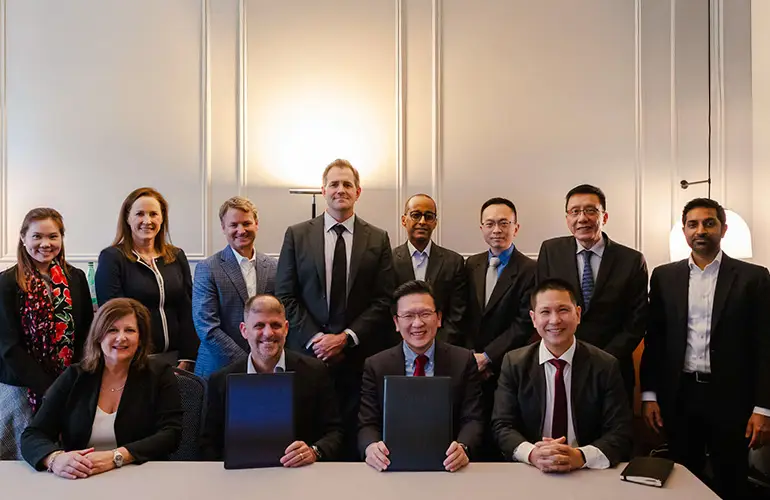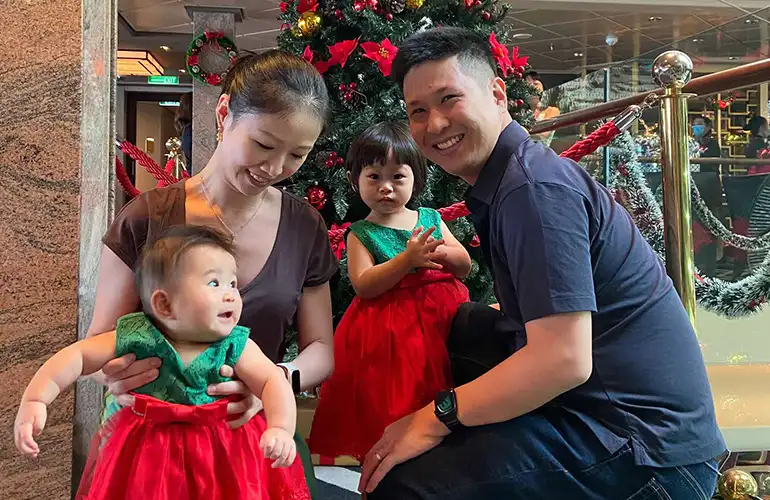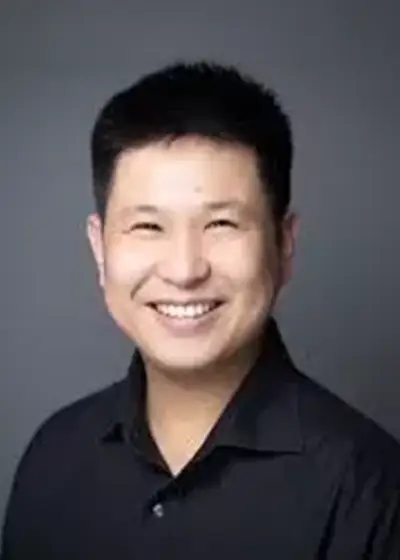At its core, cancer is triggered by genetic mutations that cause cells to grow uncontrollably and spread. These changes can come from inherited traits or environmental exposure.
Cancer cells release tiny fragments of tumorous DNA and RNA into the bloodstream, which can be detected through blood testing.
Lucence’s core technology is next-generation sequencing (NGS), an advanced genomic technology that scans millions of DNA and RNA molecules in parallel. This enables precise detection of mutations, deletions, and other genomic alterations associated with different cancer types.
Unlike traditional biopsies that require surgical tissue removal, liquid biopsies analyse blood samples, which is safer, faster, and more convenient for patients and doctors.
Because all cancers are genetically unique, personalised treatment is critical. Lucence’s first product was LiquidHALLMARK, which maps out a cancer’s genetic fingerprint, thus guiding doctors to the most effective treatment options, for example, precision drugs or immunotherapy.
This became the first and only liquid biopsy test to secure Medicare coverage for its hybrid analysis of both circulating tumour DNA and RNA.
Building on this momentum, Lucence signed a landmark collaboration with Mayo Clinic Laboratories in 2025. The partnership integrates Mayo Clinic’s global distribution network to accelerate adoption in the United States and worldwide.
But the real challenge isn’t just scientific – it’s making this technology widely accessible.
Years in Venture Capital showed Jeremy that powerful innovation means little if it’s out of reach for most people.
“Early detection is key to saving lives. The sooner cancer is caught, the better the chances for a positive treatment outcome,” he adds.
LucenceINSIGHT, the company’s test, detects up to 50 types of cancer. This non-invasive screening tool identifies tumor-derived genetic material in the bloodstream, enabling detection at earlier stages and often before symptoms appear.
By simplifying the testing process to resemble a routine blood test, it removes many of the traditional barriers associated with cancer screening.
Early detection opens the door to less invasive treatment options, improved patient outcomes, and significantly reduced healthcare costs.
Lucence aims to make early cancer detection as easy and affordable as routine health checks with its range of 5/7/12/50 cancer screenings. The tests are now available at screening centres, general practitioners, longevity clinics, and hospitals.
